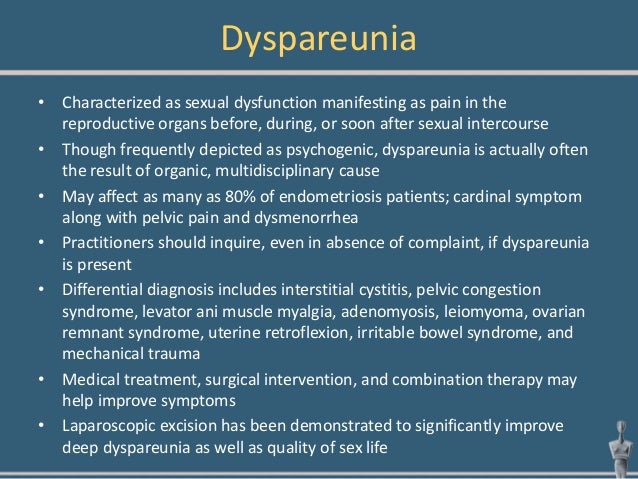Irritable Bowel Syndrome Pathophysiology
Irritable Bowel Syndrome Pathophysiology. Pain is the most common symptomatic complaint and the main reason why people seek medical care. A small proportion of ibs patients also have symptoms of pancreatic exocrine insufficiency (pei) 1, and it may coincide with chronic.

Irritable bowel syndrome (ibs) is a functional bowel disorder characterised by chronic or recurrent abdominal pain associated with either relief or exacerbation by defecation, or a change in bowel habit. Irritable bowel syndrome (ibs) is a common gastrointestinal (gi) disorder that considerably reduces the quality of life. 1 most patients can be classified, according to the predominant stool pattern they have, into ibs with diarrhoea, ibs with constipation, and those who have both.
Signs And Symptoms Include Cramping, Abdominal Pain, Bloating, Gas, And Diarrhea Or Constipation, Or Both.
Irritable bowel syndrome (ibs) is a group of symptoms that occur together, including repeated pain in your abdomen and changes in your bowel movements, which may be diarrhea, constipation, or both. Irritable bowel syndrome (ibs) is the most common reason to visit a gastroenterologist. An approach based on the underlying pathophysiology could help to develop therapies that target causes and ultimately provide a cure for patients with irritable bowel syndrome.
1 Most Patients Can Be Classified, According To The Predominant Stool Pattern They Have, Into Ibs With Diarrhoea, Ibs With Constipation, And Those Who Have Both.
A small proportion of ibs patients also have symptoms of pancreatic exocrine insufficiency (pei) 1, and it may coincide with chronic. Irritable bowel syndrome (ibs) is a common condition characterised by abdominal discomfort or pain, bloating, diarrhoea and constipation. Hindawi's academic journals cover a wide range of disciplines.
This Article Provides An Updated And Straightforward Overview Of The Disease, Its Pathophysiology, Diagnosis, And Treatment Options.
Ibs was believed to be a functional disease, but many possible pathophysiologic mechanisms can now explain the symptoms. In this review we challenge the widely accepted Ad veterinary medicine international invites papers on all areas of veterinary research.
Introduction Irritable Bowel Syndrome (Ibs) Is A Functional Bowel Disorder Characterised By Chronic Or Recurrent Abdominal Pain Associated With Either Relief Or Exacerbation By Defecation, Or A.
Irritable bowel syndrome (ibs) is a gastrointestinal disorder characterized by chronic abdominal pain and altered bowel habits in the absence of any organic cause. Ibs patients are classified into subtypes according to their predominant bowel habit, based on the rome iv criteria. Irritable bowel syndrome (ibs) is a common disorder that affects the large intestine.
Irritable Bowel Syndrome (Ibs), Referred To Previously As Spastic Or Nervous Colon, And Spastic Bowel, Is A Functional Gastrointestinal Disorder Characterized By A Group Of Symptoms Accompanied Together That Include Abdominal Pain And Changes In The Consistency Of Bowel Movements.
Pain is the most common symptomatic complaint and the main reason why people seek medical care. It is also very commonly encountered in primary care practice. It is the most commonly diagnosed gastrointestinal condition and accounts for approximately 30 percent of all referrals to gastroenterologists [ 1 ].
Post a Comment for "Irritable Bowel Syndrome Pathophysiology"